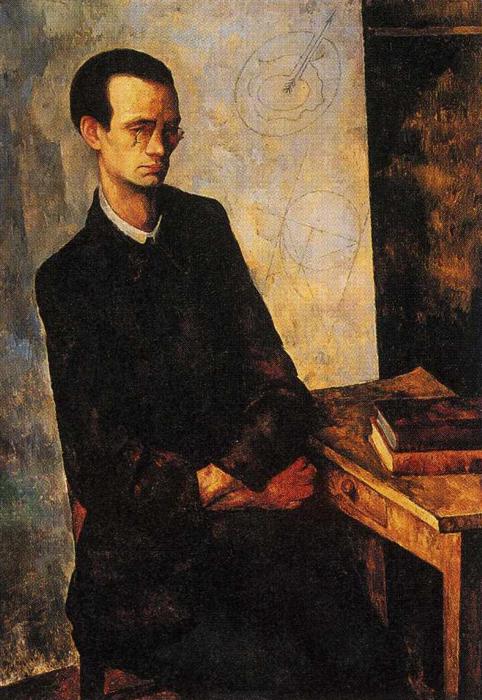This is an essay that appeared in the February 3rd, 2012 edition of the Daily News Record. For more information on the Daily News Record, please visit www.dnronline.com.
By Margot Heffernan, MLS
Diversity. Multiculturalism. Tolerance. These words are bandied about in conversations and communication, and as such, have become part of the modern lexicon. Hardly a day goes by when we don’t read about, or speak of, diversity in the workplace, multicultural classrooms, or the need for religious tolerance.
The societal benefits of multiculturalism are praised by politicians, and lauded by community leaders. The need for understanding of cultural diversity is the clarion call of colleges and universities. Most institutions of higher education offer an array of classes related to this theme. International festivals and celebrations of diversity are ubiquitous. Such prominent displays and pronouncements of diversity in American culture are a reflection of our truly multicultural population. In fact, never before has a society been as diverse as modern day America.
However, celebrations of ethnicity and unremitting broadcasts about the merits of diversity belie a much quieter reality: Despite these loud and insistent voices advocating for it, authentic tolerance of religious and cultural diversity is uncommon and elusive. Although popular culture has fervently embraced the notion of multiculturalism, it is a superficial alliance based on frivolous assumptions and a profound dearth of understanding of other groups and cultures.
The concept of diversity presented by the media is alluring; the world of multiculturalism is depicted as sexy, trendy and fashionable. Catchy slogans implore us to “Live United”; magazine images depict sleek, airbrushed models of multiethnic personalities. Bumper stickers, t-shirts, and the like, advocate open mindedness and acceptance.
Ultimately, though, America is infatuated with this media construct, and media fanfare about diversity contributes to a fallacious vision of cultural accord. It is a saccharine and rosy version of a society that does not square with the very complex, yet nuanced reality that better describes the state of American multiculturalism. Beneath the hype about diversity, and the lip service paid to it, is a complacent and nescient attitude toward many traditions. Muslims in America, for example, are ostensibly supported, but those who adhere to a stricter version of Islam engender significantly less empathy. Conservative Christians are boldly derided by the media, their traditional beliefs ridiculed as backwards and small minded. The sacred and time honored custom of arranged marriage, as practiced by many Asian and Indian Americans, is privately mocked by more “sophisticated” peers. Tolerance, it seems, has its own preferences.
The practice of selective tolerance is nothing new, of course. America has historically extended goodwill to diverse populations, but tolerance for beliefs and customs that stray too far outside the spectrum of secular Western tradition has been measured. Indeed, pressure is exerted on young immigrants to move away from the revered religious and cultural practices of their elders. Ultimately, the allure of American popular culture can be irresistible and indomitable.
The “melting pot” theory of assimilation, which held sway until the late twentieth century, promoted this total acquiescence to American culture.
While more recent waves of immigration bring new and distinct cultures and traditions, contemporary social scientists worry that diverse, insular subcultures in America undermine the unity and cohesiveness of a smoothly integrated society.
Paradoxically, America clamors for diversity, but eschews the real thing because tolerance is often circumscribed by politically correct beliefs, uninformed attitudes, or frank bigotry.
Authentic tolerance is the ability to accept that which is not our own. In the end, respect for the sacred core of all cultures, the architecture of human societies, will wither away. Will this be America’s enduring legacy?
Margot Heffernan is a freelance writer and English tutor in Harrisonburg.

 Heffernan Research offers a range of English language tutoring options. Individual and small group sessions are available. Special classes on focused topics, such as essay writing, are also offered throughout the year. Margot works with ESL students as well as individuals who need to enhance specific English language skills.
Heffernan Research offers a range of English language tutoring options. Individual and small group sessions are available. Special classes on focused topics, such as essay writing, are also offered throughout the year. Margot works with ESL students as well as individuals who need to enhance specific English language skills.
 Margot Heffernan has solid and extensive experience writing about a broad range of medical topics. She uses her expertise to provide comprehensive and academically sound papers for medical malpractice, product liability, and personal injury lawyers as well as other professionals who need reliable medical information.
Margot Heffernan has solid and extensive experience writing about a broad range of medical topics. She uses her expertise to provide comprehensive and academically sound papers for medical malpractice, product liability, and personal injury lawyers as well as other professionals who need reliable medical information.
